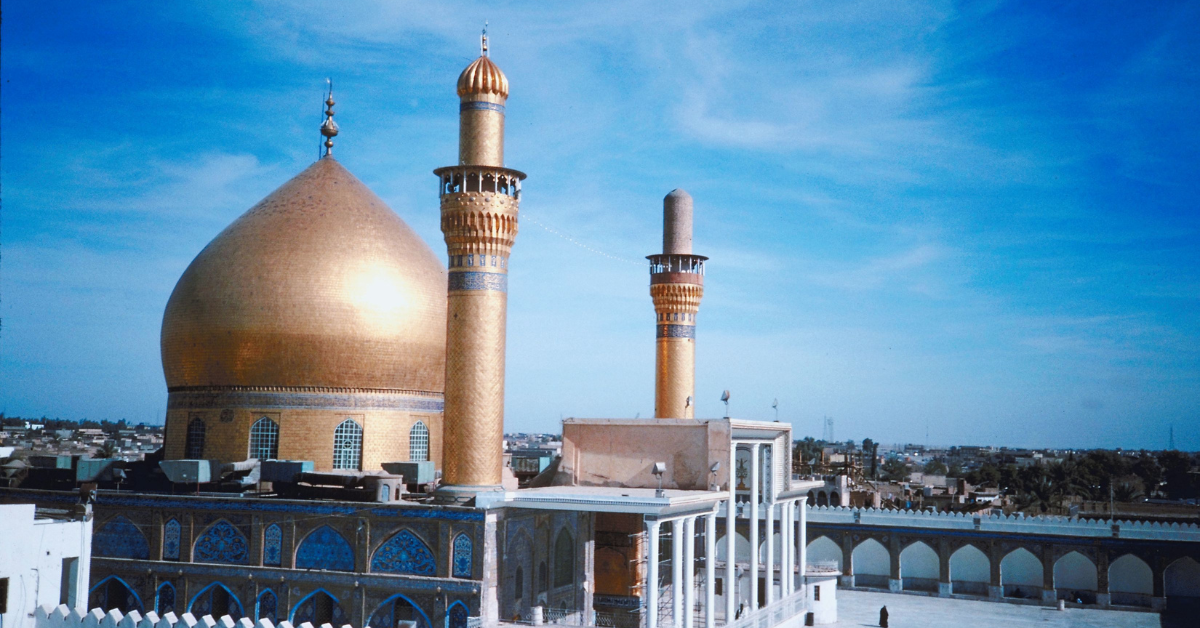In Japanese, the country name Iraq is usually written as イラク in katakana. However, some historical texts and scholarly documents use the kanji form 伊拉久. Why does this alternative form exist, and what does it tell us about Japanese language and history? This article explores the phonetic reasoning behind the kanji, its cultural significance, and its place in East Asian linguistic tradition.
Why “Iraq” Becomes “伊拉久”
A Phonetic Transcription System Using Kanji
The form “伊拉久” is a prime example of Japanese phonetic transcription using kanji. This system involves representing the sounds of foreign words with kanji characters that closely match each syllable in Japanese. The pronunciation of “Iraq” (I-ra-ku) breaks down into three parts, each matched with a kanji: “伊” (I), “拉” (Ra), and “久” (Ku).
| Country (English) | Japanese (Katakana) | Phonetic Kanji | Sound Components |
|---|---|---|---|
| Iraq | イラク | 伊拉久 | I – Ra – Ku |
| Italy | イタリア | 伊太利 | I – Ta – Ri |
| Egypt | エジプト | 埃及 | E – Ji – Puto |
| America | アメリカ | 亜米利加 | A – Me – Ri – Ka |
| France | フランス | 仏蘭西 | Fu – Ra – N – Su |
As the table shows, sound is prioritized over meaning in these transcriptions. This method was commonly used in Meiji-era publications and made the names more visually impactful.
The Role of “伊拉久” in Japanese Transcription Culture
Historical Background: Prioritizing Sound Over Meaning
In Japanese, there is a long-standing tradition of using kanji to represent the sounds of foreign words rather than their meanings. This method flourished during the Meiji and Taisho periods, particularly in newspapers, translated books, and diplomatic documents. Examples include “珈琲” for coffee, “煙草” for tobacco, and “亜米利加” for America—all designed to mimic the original sound using kanji.
The same logic applies to “伊拉久”. Its purpose is purely phonetic, not semantic. The characters were selected for how they sound, not what they mean, making the transcription effective for conveying pronunciation to Japanese readers.
| Evaluation Criteria | Features |
|---|---|
| Phonetic accuracy | Faithful reproduction of foreign sounds |
| No semantic content | Chosen purely for pronunciation |
| Strong visual impact | Memorability through kanji usage |
| Influence on literacy | Seen in Meiji-era translations and education |
Thus, transcription culture in Japan reflects the language’s adaptability in handling foreign elements.
The Origin and Meaning of the Word “Iraq”
The Arabic Roots of the Name “Iraq”
The name “Iraq” originates from the Arabic word “العراق (al-ʿIrāq),” which is commonly interpreted to mean “land by the rivers” or “lowland.” This refers to the fertile land between the Tigris and Euphrates Rivers, which was home to ancient Mesopotamian civilizations like Babylon and Assyria.
However, the kanji transcription “伊拉久” does not convey any of this historical or geographic meaning. Its sole purpose is to match the pronunciation of the word. Despite its seemingly meaningful form, it is functionally empty of context. This disconnection between the form and the original meaning is a unique trait of phonetic kanji usage in Japanese.
Modern Usage of “伊拉久”
Why It Still Appears Today
Today, country names in Japanese are almost exclusively written in katakana, with “イラク” being the standard for Iraq. However, “伊拉久” still appears in specific contexts such as literary works, historical documents, and academic research.
| Usage Context | Description |
|---|---|
| Academic Papers | Used in linguistic or orthographic studies |
| Historical Writings | Seen in Meiji and Taisho-era records |
| Novels & Fiction | Adds stylistic or period-specific atmosphere |
| Educational Materials | Teaches phonetic kanji transcription examples |
Rather than nostalgia, this usage reflects an effort to preserve and explore the history of Japanese writing and its interface with global languages.
Kanji Transcriptions Across East Asia
How Iraq Is Written in Other Kanji-Based Languages
Countries like China and Korea also use kanji (or once did), and their phonetic transcriptions of foreign names often resemble Japan’s. In Chinese, for example, Iraq is written as “伊拉克,” very close to the Japanese “伊拉久.” These similarities reflect a shared cultural approach to rendering sound through kanji.
| Country Name (JP) | Japanese Kanji | Chinese Kanji | Chinese Reading |
|---|---|---|---|
| Iraq | 伊拉久 | 伊拉克 | Yīlākè |
| Iran | 伊朗 | 伊朗 | Yīlǎng |
| America | 亜米利加 | 美国 | Měiguó |
| United Kingdom | 英吉利 | 英国 | Yīngguó |
This table illustrates how phonetic translation across borders can result in similar kanji choices, even when the languages and cultures differ.
Conclusion
While “イラク” is the modern, standard way to write Iraq in Japanese, “伊拉久” reveals a deeper story about how Japanese historically adapted to foreign words. By using kanji purely for sound, the language demonstrates its flexibility and creativity in written form.
Today, these phonetic transcriptions are rarely used in everyday life. However, they continue to hold value in the fields of language, literature, and historical research. “伊拉久” serves as a cultural artifact—a piece of Japan’s linguistic history that bridges the past and present.
Through this simple transcription, we gain insight into how language reflects cultural interaction, adaptation, and memory. It reminds us that even a name can carry with it layers of history and expression beyond its surface.






